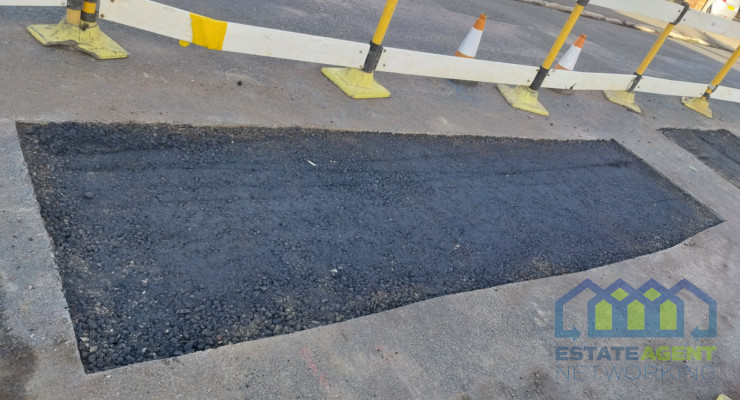Shelter’s response to Governments new rough sleeping strategy including joint response.
Please find below Shelter’s full response to the government’s new rough-sleeping strategy, and also a joint response from the seven housing and homelessness organisations (including Shelter) who sat on the Rough Sleeping Advisory Group.
Polly Neate, chief executive of Shelter, said: “This strategy is an important step forward in the fight against the rough-sleeping emergency that’s led to people dying on our streets. The scale of the crisis demands urgent action and we are pleased to see the government bringing forward these new plans. We hope this strategy will significantly improve the services available to those at immediate risk of rough-sleeping, and help others to get off the streets and into a safer place to stay.
“But let’s be clear, this is a step forward and not a total fix for homelessness. We still need to tackle the chronic lack of genuinely affordable homes, deep instability of renting, and problems with housing benefit that are leaving so many without a home. If the government wants to eradicate rough-sleeping for good, this strategy must be quickly followed by a new plan to build many more social homes and efforts to create real security for those struggling with their rent.”
Responding, housing and homelessness organisations who were part of the strategy’s Rough Sleeping Advisory Group¹ issued a joint statement saying: “This strategy is a significant step towards the government’s goal of ending rough sleeping by 2027, which will make a real difference to people’s lives. As members of the advisory panel, we welcome the new funding commitment for dedicated outreach teams and for emergency bed spaces, while the announcement of nationwide trials of a ‘somewhere safe to stay’ duty² and the review of the vagrancy act have the potential to pave the way for desperately needed reforms, preventing people sleeping rough.
“However, for the strategy to work, the government must also set out bold, cross-departmental plans to tackle the root causes of all forms of homelessness, and prevent it from happening in the first place. This must include plans to build significantly more social housing, to foster greater security for renters, to ensure people have access to benefits and other support they need to help them keep their homes. We also need to see a reversal of policies that leave migrants homeless and destitute, and healthcare, mental health and substance misuse services that are available and truly accessible to those who need it.
“To end rough sleeping by 2027, the government must build on today’s welcome announcement and set out plans to prevent homelessness from occurring in the first place. The ambitious target that the government has set itself will only be achieved if it is equally bold on addressing the polices that cause rough sleeping.”
Source of information Shelter.









